Lana Tatour

Lana Tatour is a Lecturer in Development at the School of Social Sciences, UNSW Sydney. She works on settler colonialism, indigeneity, race, citizenship, human rights, and the Middle East with a focus on Palestine and Israel. Prior to joining the School of Social Sciences, she was a Postdoctoral Fellow at the Center for Palestine Studies at Columbia University, and held visiting fellowships at the Palestinian-American Research Center, the Australian Human Rights Centre, UNSW Faculty of Law and UNSW School of Social Sciences. She is on the board of The Australian Journal of Human Rights. She is currently working on her manuscript Ambivalent Resistance: Palestinians in Israel and the Liberal Politics of Settler Colonialism and Human Rights, and on an edited volume together with Dr Ronit Lentin on Race and the Question of Palestine.
Criminalizing Palestine Solidarity Activism in the UK
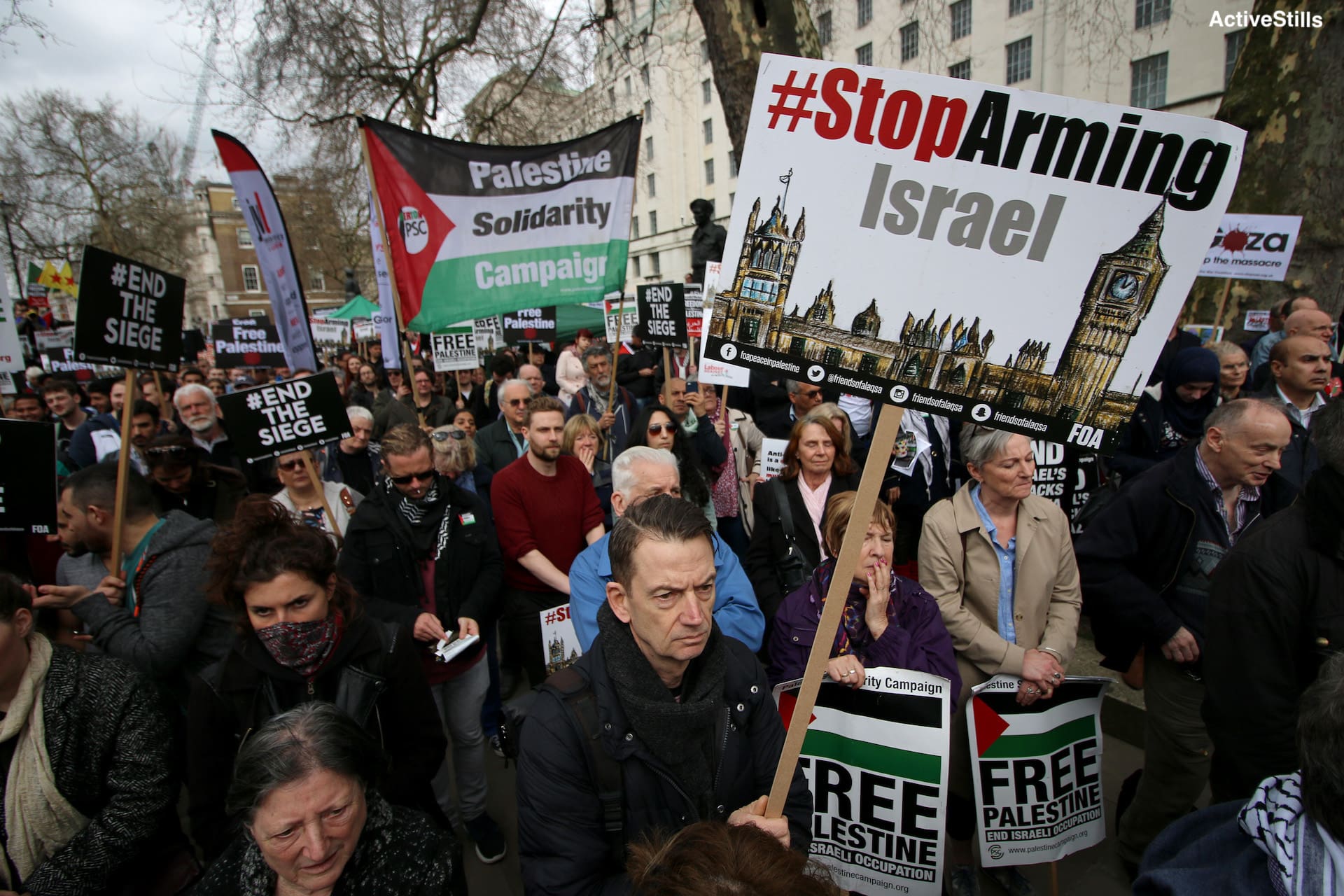
A new wave of repressive UK government policies aims to suppress protest and political expression, posing a direct threat to Palestine solidarity work. Al-Shabaka’s senior policy analyst, 24588, locates this latest crackdown within Britain’s enduring support for Zionism, and shows how only in broad, intersectional alliances can social justice activists effectively repel state-led repression.
Restricting US Military Aid to Israel in the Age of Normalization

With the rise in global solidarity with Palestinians since the May 2021 Unity Intifada, United States policymakers and activists are calling for conditioning and halting US military aid to Israel. Al-Shabaka’s US policy fellow, 24507, examines this shifting tide and offers recommendations for how policymakers, lobbyists, and the international community can seize on this historic moment in the defense of Palestinian rights.
Trump’s “Deal” for Palestinians: Repercussions and Responses
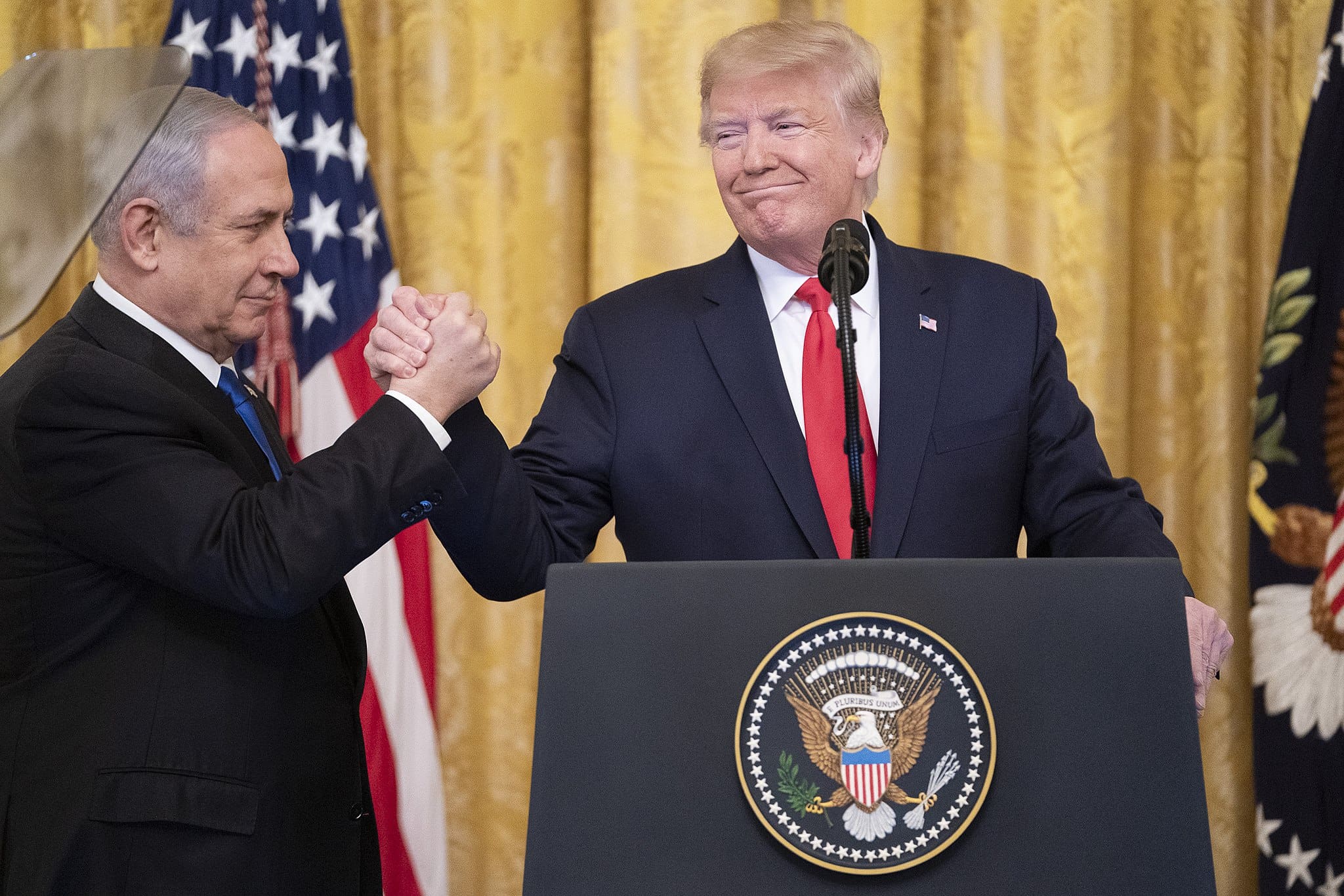
Though US President Donald Trump’s “Deal of the Century” largely does not change conditions on the ground for Palestinians, it helps legitimize the Israeli colonial project, which continues apace despite the COVID-19 pandemic. Al-Shabaka analysts from around the globe weigh in on the repercussions of the deal where they live and offer steps to counter them.
Using Trump’s “Vision” to Break Free of Past Frameworks
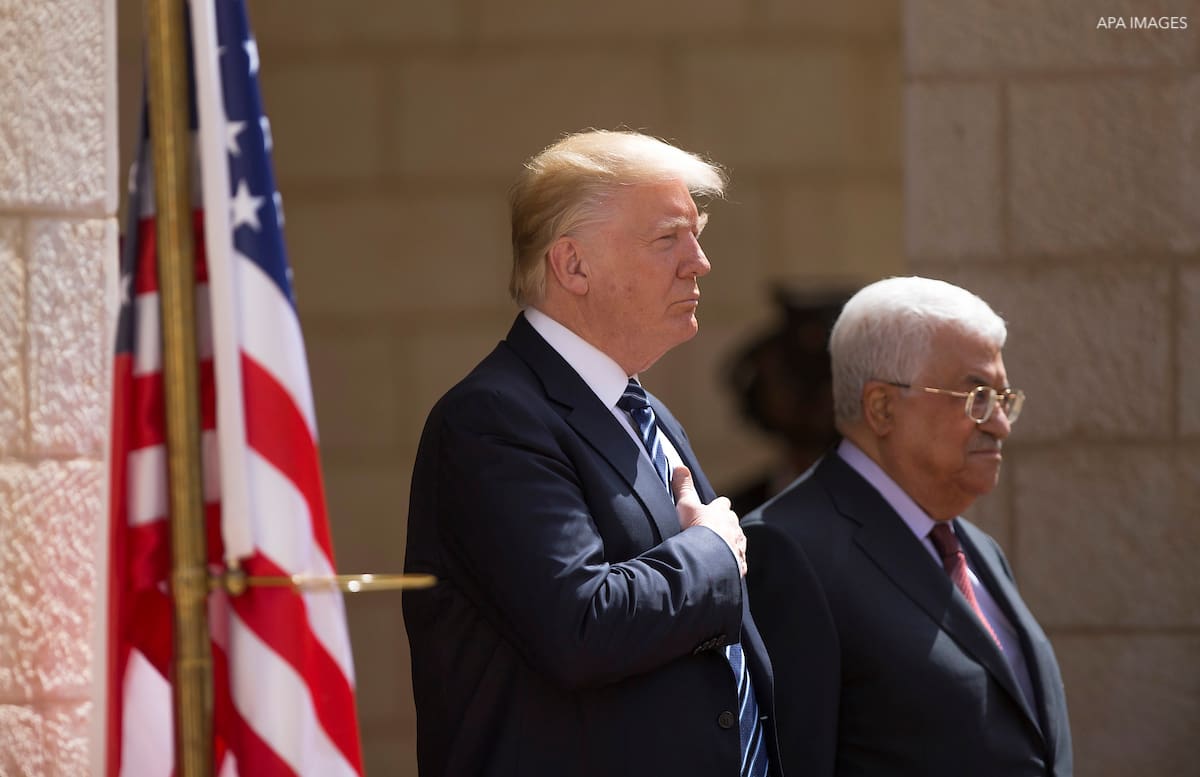
As Israel and the US fast-track President Donald Trump’s vision of “peace”, i.e. the illegal annexation of occupied Palestinian territory, European countries ponder ways to uphold the rule of law. In this Policy Memo Al-Shabaka’s 24588 provides ideas on how they can – with a push from the Palestine solidarity movement.
Israel’s Losing Battle: Palestine Advocacy in the University
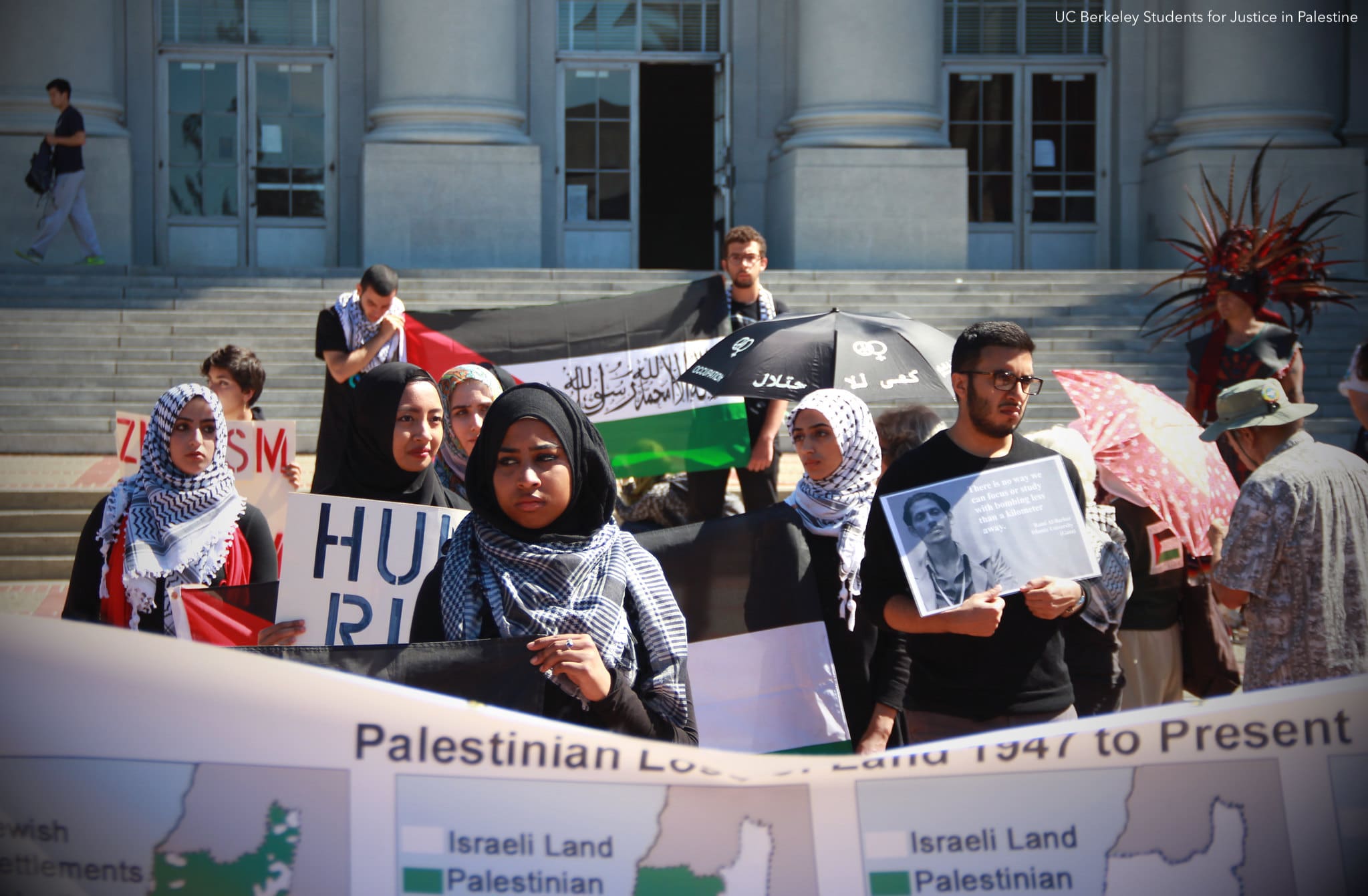
The majority of suppression of Palestine advocacy in the US targets university students and faculty. Al-Shabaka’s Hatem Bazian traces the historic rise of this advocacy, offering recommendations for how the university, despite attacks against it, can continue to provide and even amplify an environment that fosters critical thinking on Palestine, in turn furthering the struggle for Palestinian rights.
The US Democratic Candidates on Racial Justice and Palestine: Divergence or Convergence?
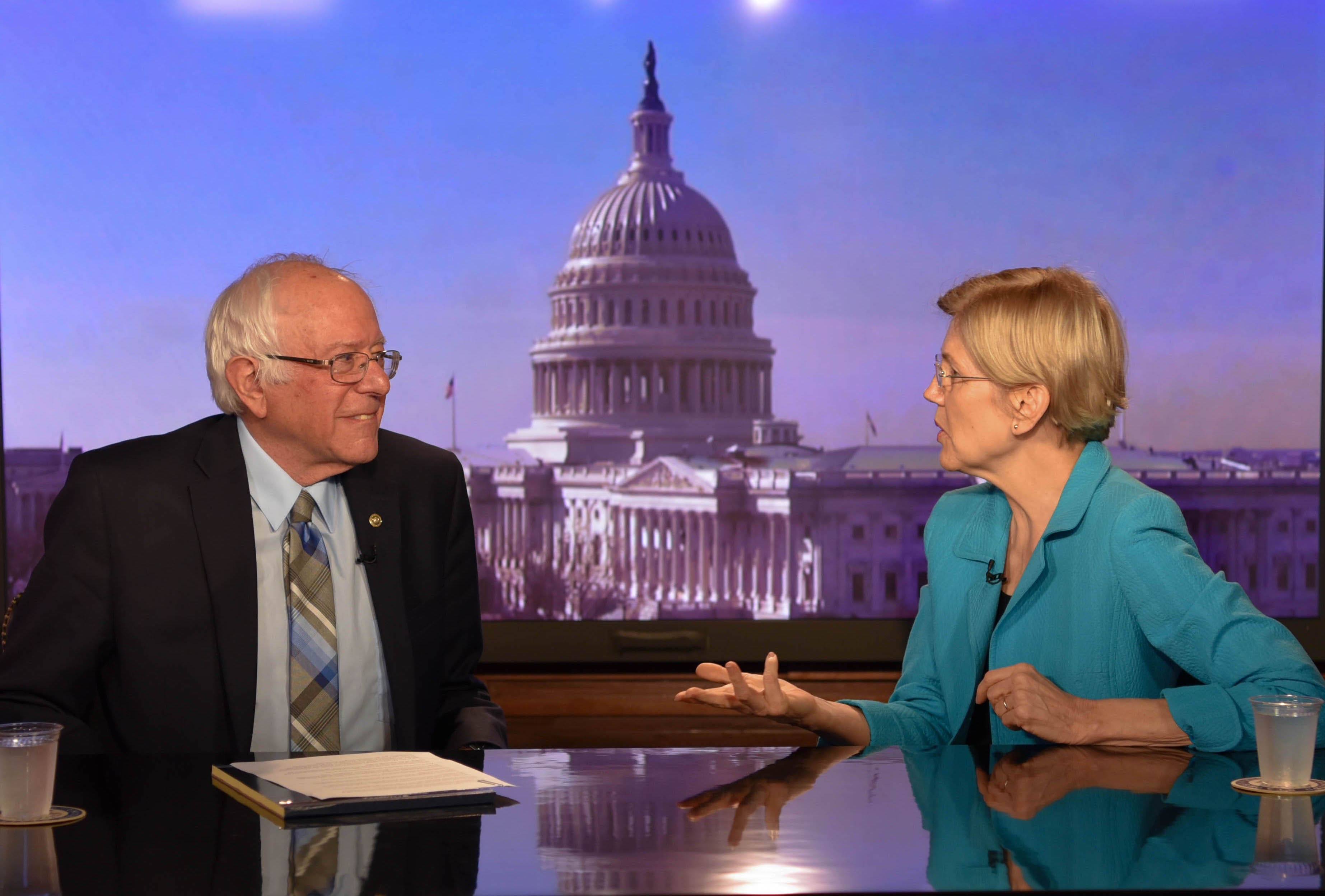
Al-Shabaka’s 24418 traces the top Democratic presidential candidates’ positions on Palestine and assesses them relative to their stances on racial justice in the US, arguing that while foreign policy has rarely differentiated US presidential candidates, in this election it is a key litmus test for a candidate’s sincerity vis-à-vis their commitment to civil and human rights.
Criminalizing Palestinian Resistance: The EU’s Additional Condition on Aid to Palestine
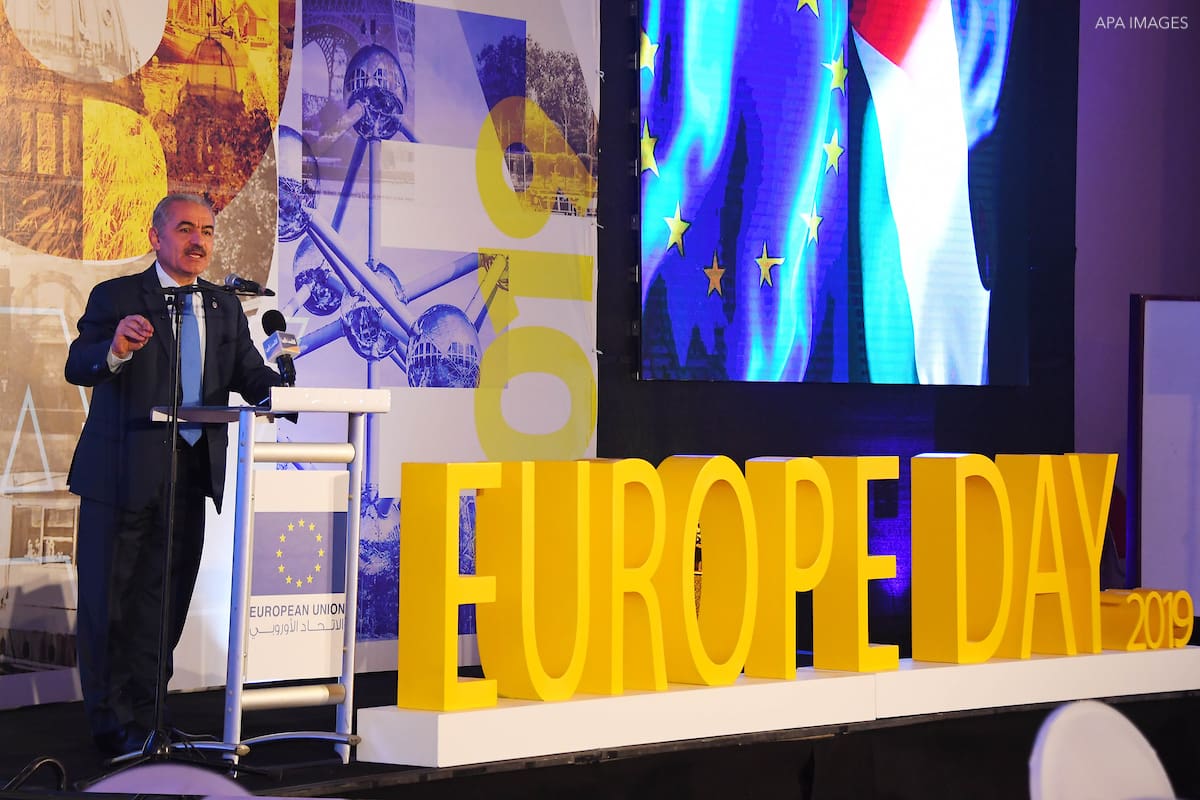
The EU recently announced additional conditions on its aid to Palestinian civil society organizations, namely that they must not deal with individuals or groups designated by the EU as “terrorist.” What effects will this have and what can Palestinians do about it? Al-Shabaka spoke with policy analyst Tariq Dana about these questions and international aid to Palestine more broadly.
Dangerous Bill in Congress to Crush the PLO and PA
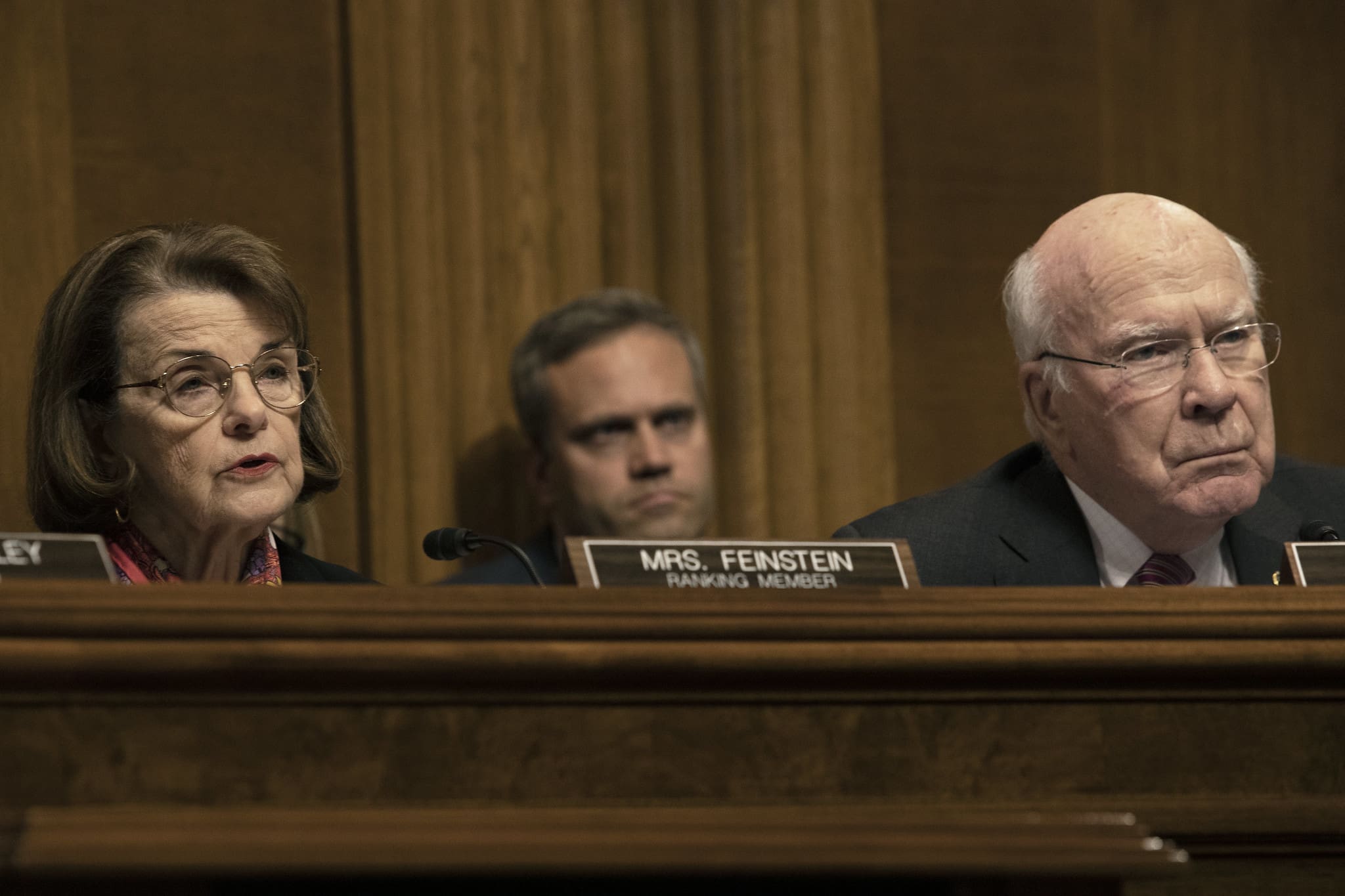
A US bill being considered by the Senate Judiciary Committee puts at stake the ability of the Palestinian leadership to engage diplomatic and legal channels to support Palestinian national aspirations and to seek accountability through international mechanisms, as well as the future of the US-Palestinian bilateral relationship. Al-Shabaka Policy Analyst Zaha Hassan reports.









